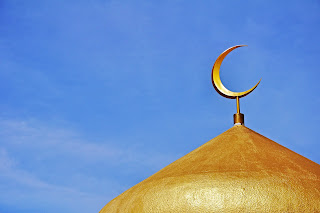Jum'ah khutba - Sheikh Abdal Hakim Murad - Cambridge - 20 November 2015 - 30 mins 28 secs
TRANSCRIPTION PENDING
In this sermon the Shaykh covers the true meaning of the of the great Hadith Qudsi of Islam named by the ulama as Hadith an-Nawafil. In the Hadith, Allah himself describes to us the divine love and the journey that we must take to draw near to Him. Furthermore, Allah Almighty describes how the journey should progress to result in earning his love. It is an extraordinary blessing that Allah Almighty has given us this opportunity to earn the divine love. The nawafil (supererogatory) acts of worship, are what really progresses this journey for us, enabling us to make the most of the capacity that has been entrusted to us in this world. This sulook, or spiritual pathway, must be a constant effort to counter the lower desires and make the right choices in life at every moment of our lives. The Shaykh then goes onto describe what it means to be a Wali, the one who Allah truly loves.
Listen to this talk
Download this talk (MP3, 27.8MB)
TRANSCRIPTION PENDING
In this sermon the Shaykh covers the true meaning of the of the great Hadith Qudsi of Islam named by the ulama as Hadith an-Nawafil. In the Hadith, Allah himself describes to us the divine love and the journey that we must take to draw near to Him. Furthermore, Allah Almighty describes how the journey should progress to result in earning his love. It is an extraordinary blessing that Allah Almighty has given us this opportunity to earn the divine love. The nawafil (supererogatory) acts of worship, are what really progresses this journey for us, enabling us to make the most of the capacity that has been entrusted to us in this world. This sulook, or spiritual pathway, must be a constant effort to counter the lower desires and make the right choices in life at every moment of our lives. The Shaykh then goes onto describe what it means to be a Wali, the one who Allah truly loves.
Listen to this talk
Download this talk (MP3, 27.8MB)









